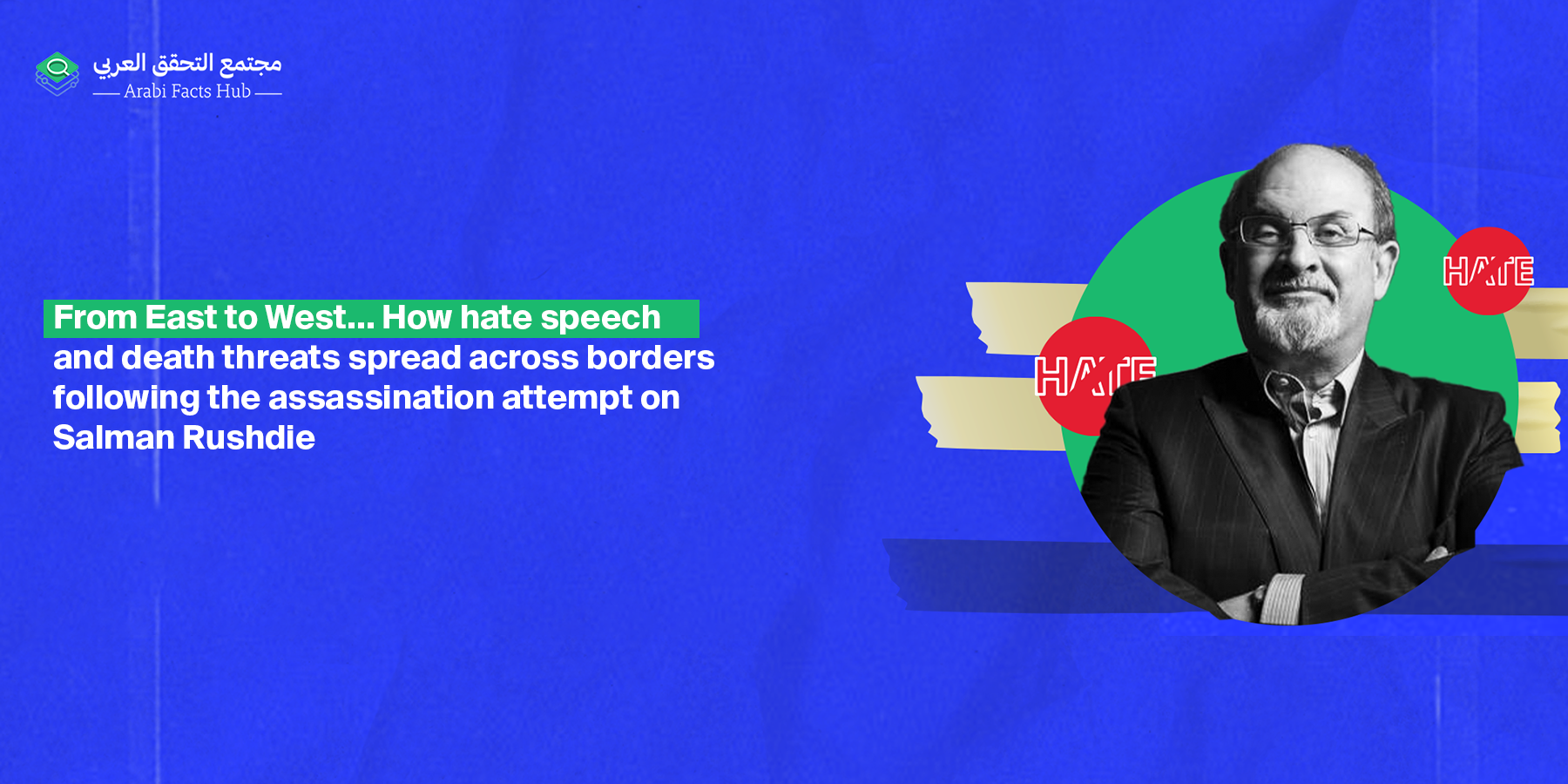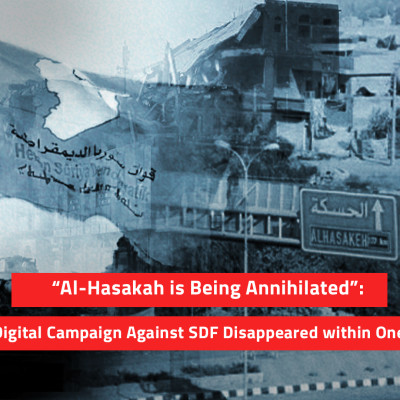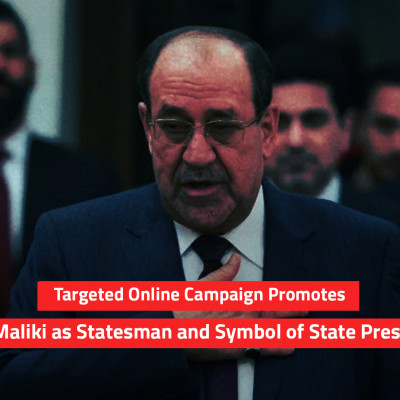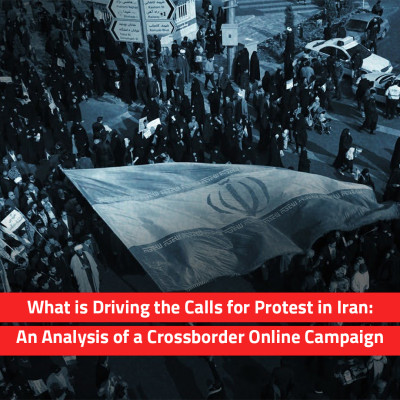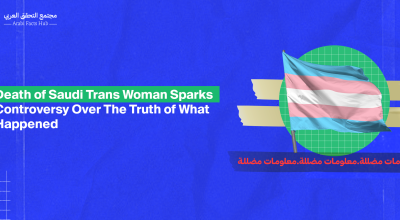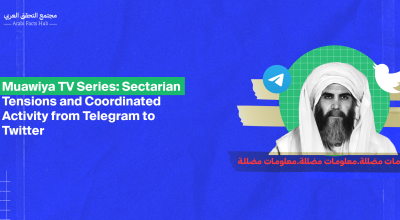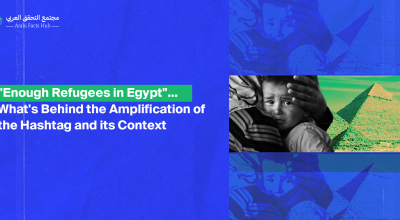What happened?
On August 12, 2022, Salman Rushdie was preparing to deliver a lecture on freedom of creativity at the Chautauqua Institution in New York when a young man rushed onto the stage and stabbed him in the neck and abdomen. Rushdie survived the attack but lost sight in one eye and became unable to move one of his hands.
The assailant, a 24-year-old, only read "two pages" of Rushdie's book "The Satanic Verses." His father lives in the village of Yaroun in southern Lebanon, controlled by Hezbollah. His mother believes that her son's visit to the village in 2018 turned him into a religious extremist.
At the time, Iran denied any connection to Hadi Matar, but Iranian accounts celebrated Ayatollah Khomeini's fatwa in 1989, which deemed Rushdie an apostate and permitted his bloodshed.
Shortly after the Associated Press reported Rushdie's stabbing, the hashtag #Salman_Rushdie_is_Damned appeared, with the first tweet written in Persian and accompanied by a video showing the initial moments of the incident.
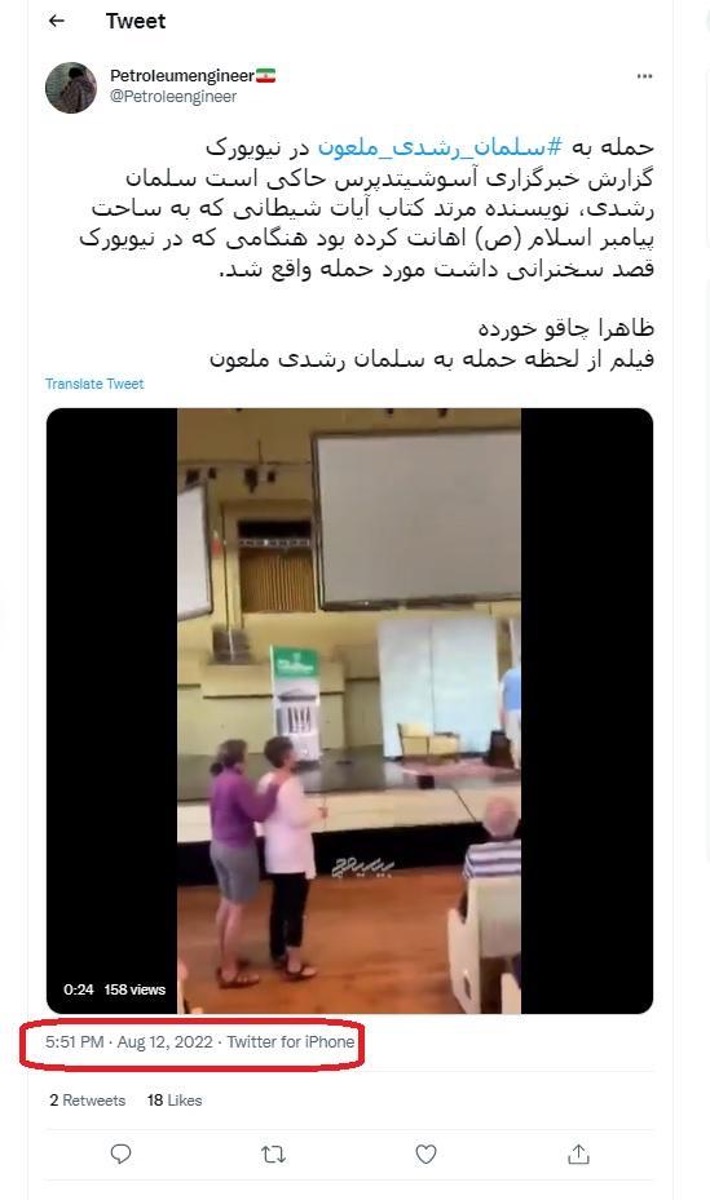
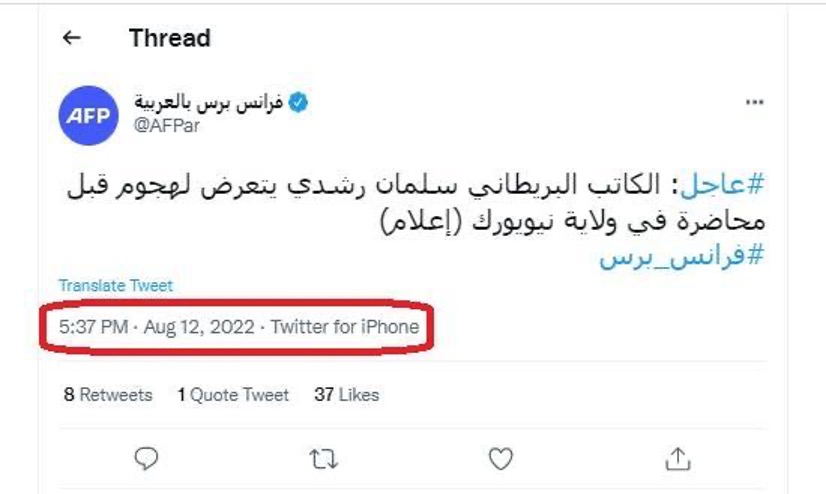
Tweet according to Egypt Time (2+ GMT)
An analysis of more than 1440 tweets (although this figure doesn't encompass the entirety of hashtag-related tweets, it serves as an initial sampling) reveals the presence of five main clustered groups centered around five accounts that wield the greatest influence or garner the most interactions. These are then followed by accounts actively participating in the hashtag.
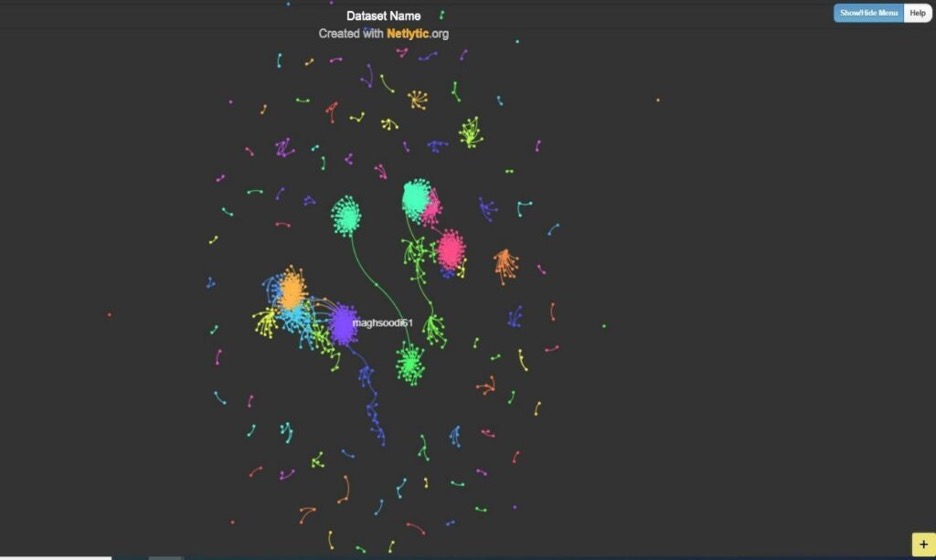
Of these accounts, @maghsoodi61 stands out. The account owner, Mohsen Maghsoodi, self-identifies himself as a "cultural media activist". At the time of the analysis, over 60,000 people were following him on Twitter (he now has around 100,000 followers). Another noteworthy account is @frgrl6 featuring a female’s image and tweeting in Arabic. The account describes itself as a "lover of Sayyid Hassan Nasrallah, the leader of the resistance and its axis." The account also has another profile under the name @mohannad_198220 claiming to be Iraqi.
In addition, there is a third prominent Arabic-speaking account, @FJaber31, which shares images of the Iranian Supreme Leader Ali Khamenei, Hassan Nasrallah, the Secretary General of Hezbollah, and Abdul-Malik Al Houthi, the leader of the Houthi militia in Yemen. The account owner states, "I am from Lebanon, the land of resistance... My loyalty is to Ali Khamenei until my death... My path is always that of Hezbollah." This account, created in July 2020 and followed by over 24,000 people, is known for posting tweets supportive of Hezbollah and Iran. The account has also used other hashtags related to the attack, such as #Salman_Rushdie_is_an_apostate and #Hadi_Matar_represents_me.
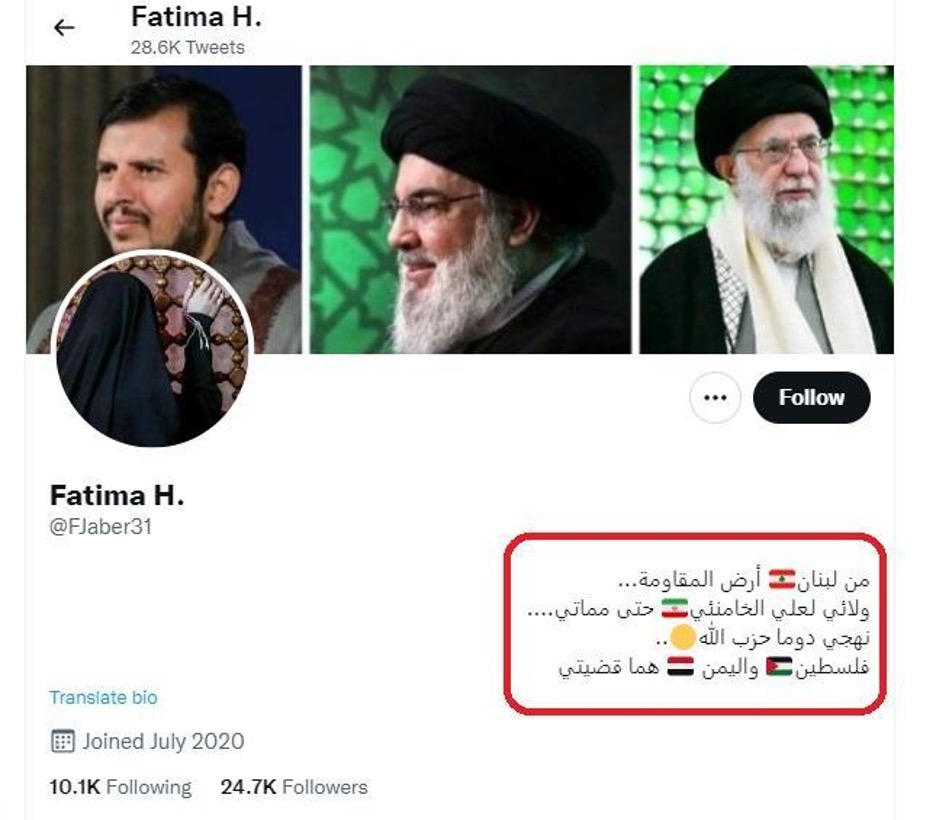
Tweets in Persian represented 50% of total hashtag tweets, followed by Arabic at 40%, and finally Urdu at 10%, according to the Hashtagify tool. The hashtag contained tweets in all three languages that criticized Salman Rushdie and praised the actions of his assailant.
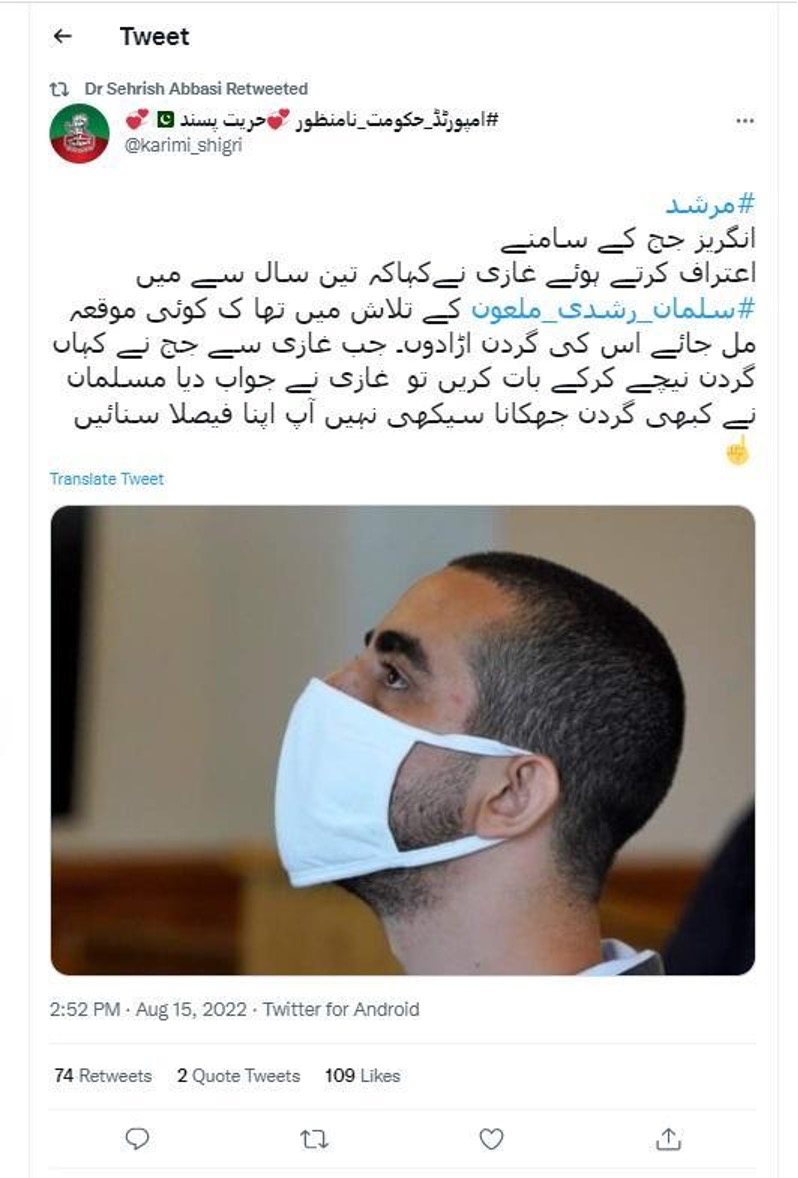
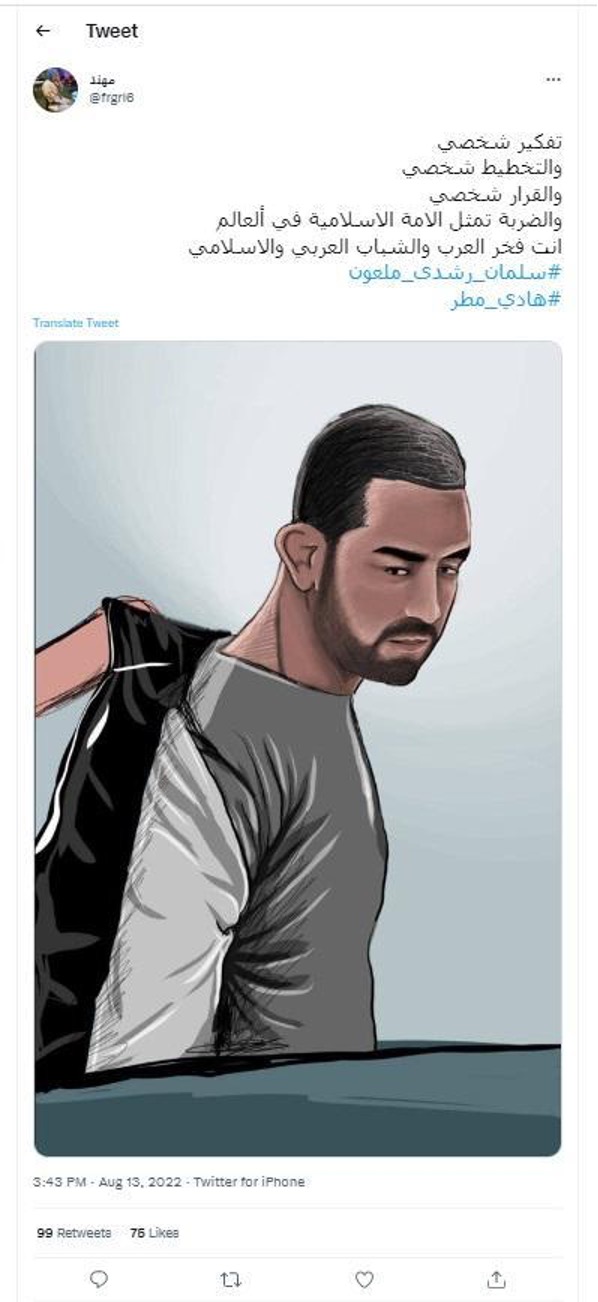
There was repetitive content on the hashtag, such as this tweet copied from Mohsen Maghsoodi's account. The tweet criticized the attention given to the stabbing of Salman Rushdie, at a time when Qassem Soleimani and nuclear scientist Mohsen Fakhrizadeh were killed, in addition to the “sabotage” of Iranian nuclear facilities. The tweet related this to the West's "thirst" to reach an agreement with Tehran on its nuclear file.
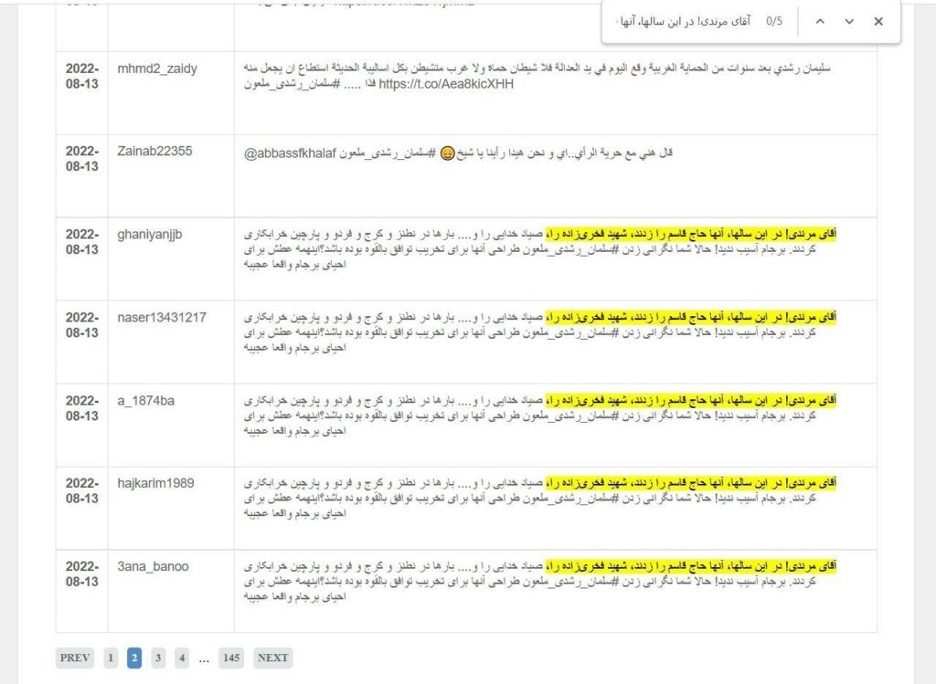
Dima Sadek.. A Chapter of Hate Speech Because of a Tweet
Within the network of influencers using the hashtag #Salman_Rushdie_is_Damned, we also identified another cluster associated with a third Lebanese account named Ali Shaibani. Described as a 'social media activist' with over 3,000 followers, Shaibani frequently posts tweets in support of Hezbollah.
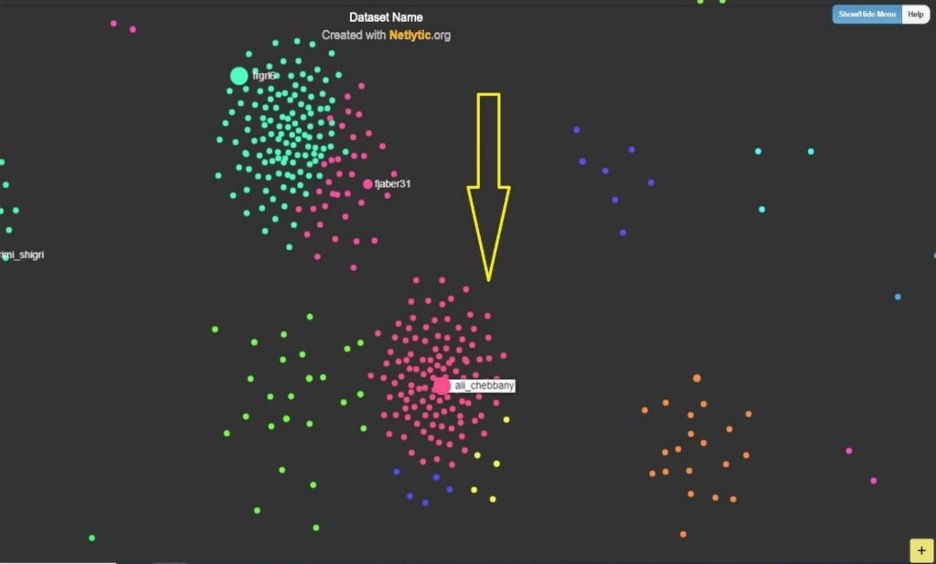
The account’s tweet with the most interactions under the #Salman_Rushdie_is_Damned hashtag was coupled with the hashtag #Dima_the_lowly. It featured a trending video clip of a person named Abdullah Aqeel who rained curses. Shaibani pointed out that the video was directed at Lebanese media personality Dima Sadek.
But why Dima?
On the evening following Salman Rushdie’s stabbing, Dima posted a picture of the late Iranian Supreme Leader Ruhollah Khomeini and the former commander of the Iranian Quds Force, Qasem Soleimani. She commented on it with the title of Rushdie's famous book, 'Satanic Verses.'
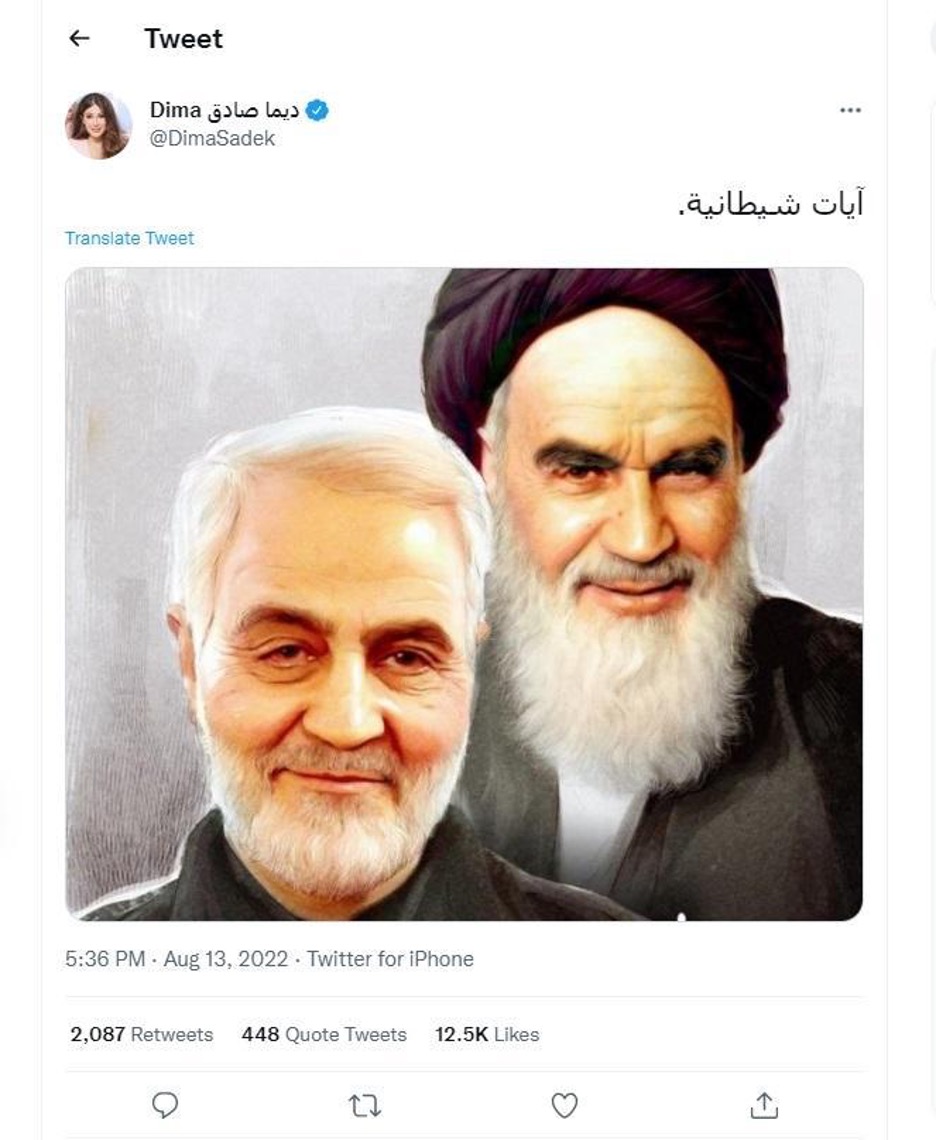
Hezbollah denied having information on the attacker. Meanwhile Dima's tweet sparked anger among the party's supporters. The response was swift, pushing the hashtag #Dima_the_lowly to the top of Lebanon's trending topics on August 13. The hashtag had previously surfaced in 2020 when the journalist came under attack from Hezbollah and the Free Patriotic Movement.
Ali Shaibani's tweets alone amounted to 124 on the hashtag.
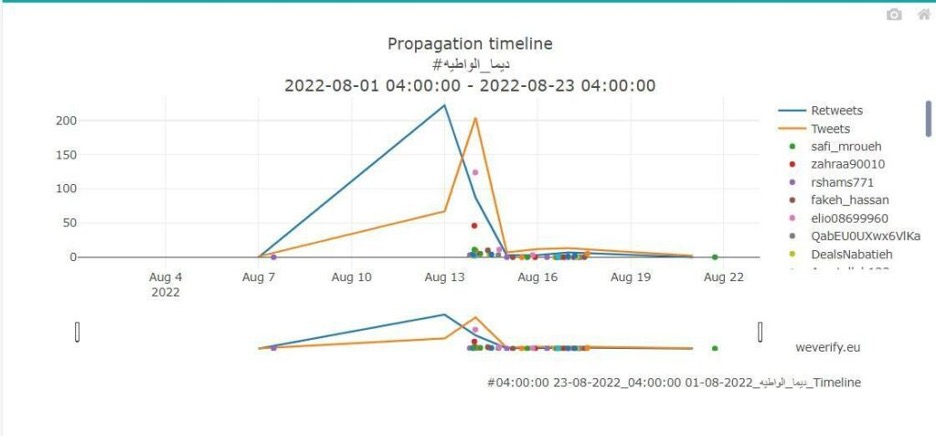
The heat map from InVID indicates coordinated activity. According to the tool's findings, the majority of tweets were posted within a close time frame, between 10 p.m. on Saturday, August 13, and midnight on Sunday (GMT)."
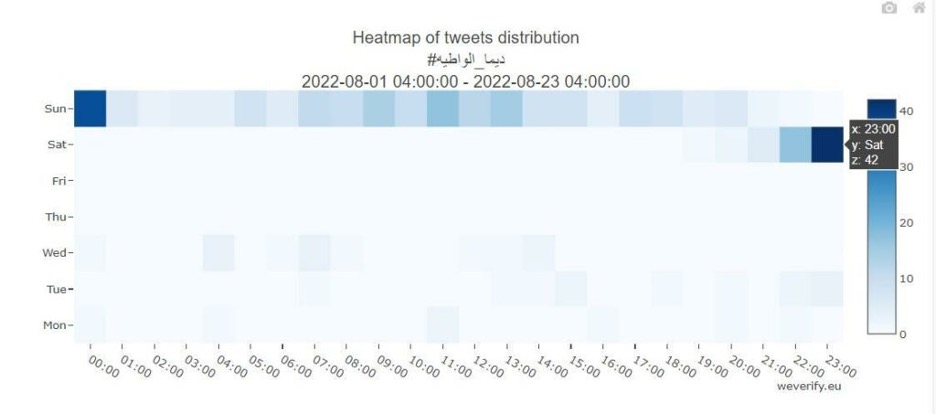
Hateful speech dominated the content of the hashtag, with participants using derogatory terms towards Dima Sadek, including: 'dancer/whore of the Ring (a famous street in Beirut that witnessed protests against the government),' ‘a whore and her family,' 'Dima the filthy despicable mother of the disabled,' 'Dima the lowly mother of the disabled,' 'lover of low media’.
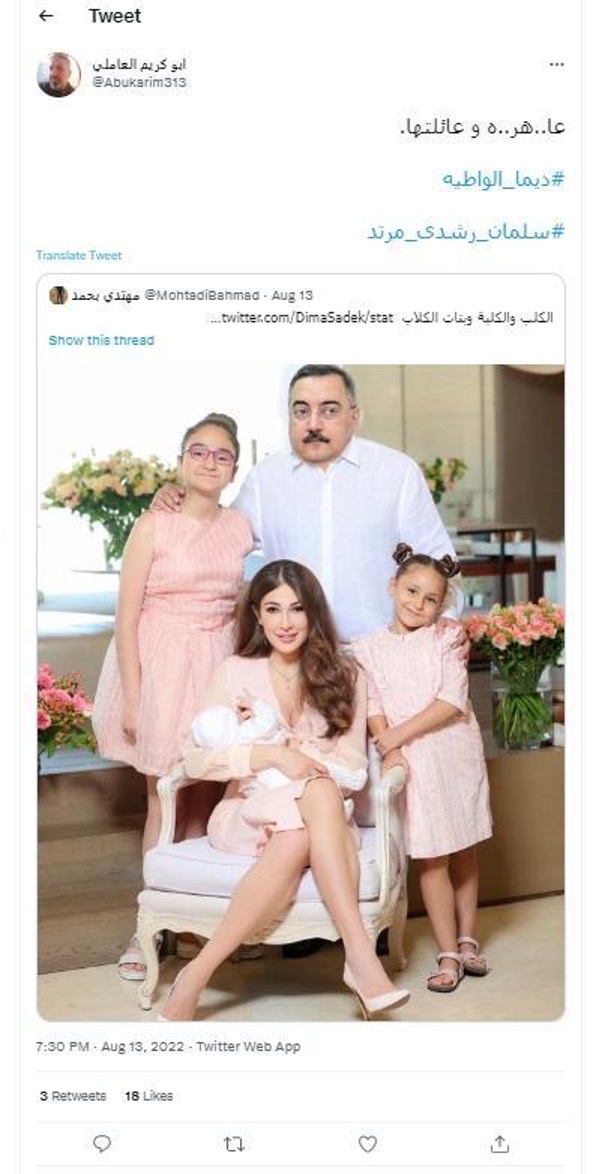
Dima posted a thread documenting comments that included death threats, rape threats, and defamation. She accused the son of Hezbollah's Secretary General, Jawad Nasrallah, of leading a campaign of incitement against her, holding the party responsible for any harm that is inflicted on her. Dima shared the text of a tweet by Jawad Nasrallah, who reposted her tweet, saying: “Regimes use tools to engage in filth without getting their hands dirty. An example of these tools is this #poisonous_person who surpasses every lowlife in her degradation. #Dima.”
Ministers in Lebanon's caretaker government, including the Minister of Culture, Judge Mohammed Wissam Al Mourtada, close to the Amal Movement, participated in the campaign against Dima. He wrote a series of tweets that began with a picture of Qasem Soleimani embracing Imam Al Hussein. In what was interpreted by Lebanese media as an attack on Dima, Mourtada said: “Freedom of speech should be respectful. Using insults and malice to demean the elderly is devoid of ethical standards and has nothing to do with honesty”.
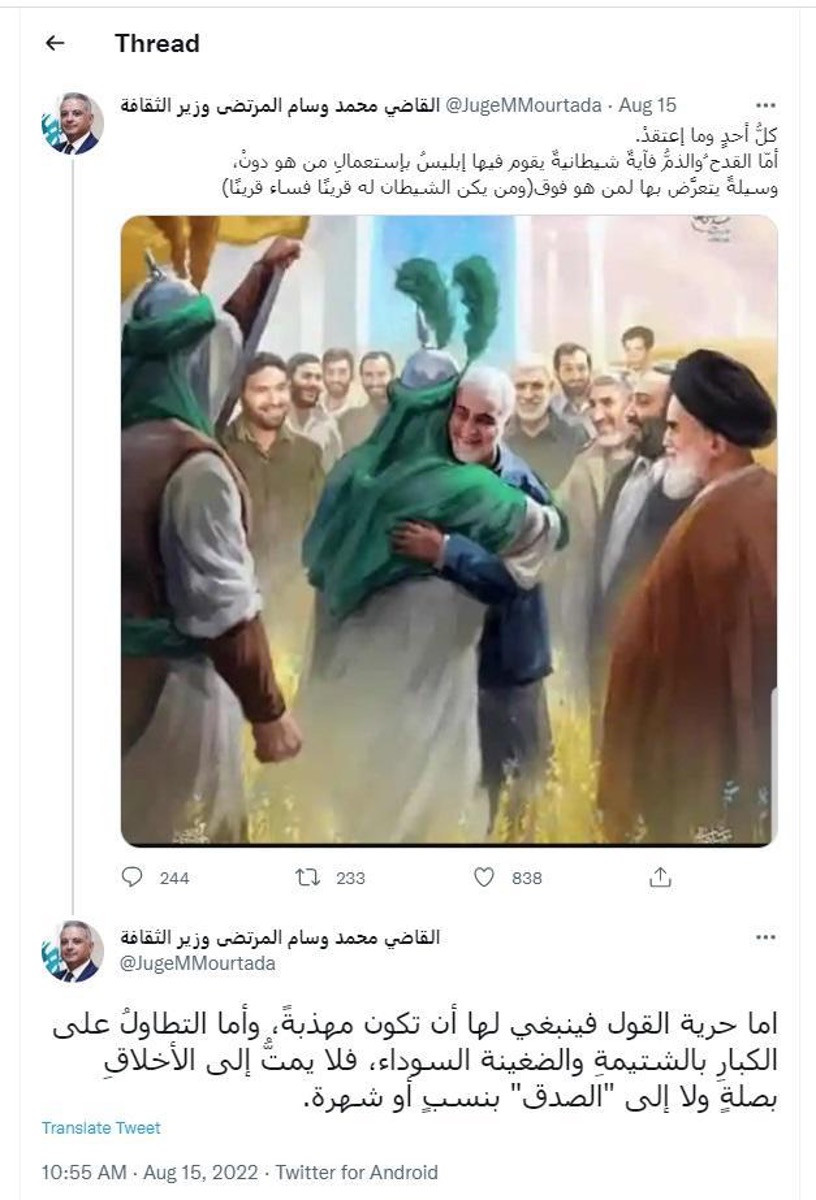
There were also tweets expressing a desire for Dima to be killed like Lebanese political activist Luqman Salman was killed by unknown gunmen in February 2021. At the time, accusations pointed towards Hezbollah due to Salman’s views which were in opposition to the party. However, Hezbollah denied involvement.
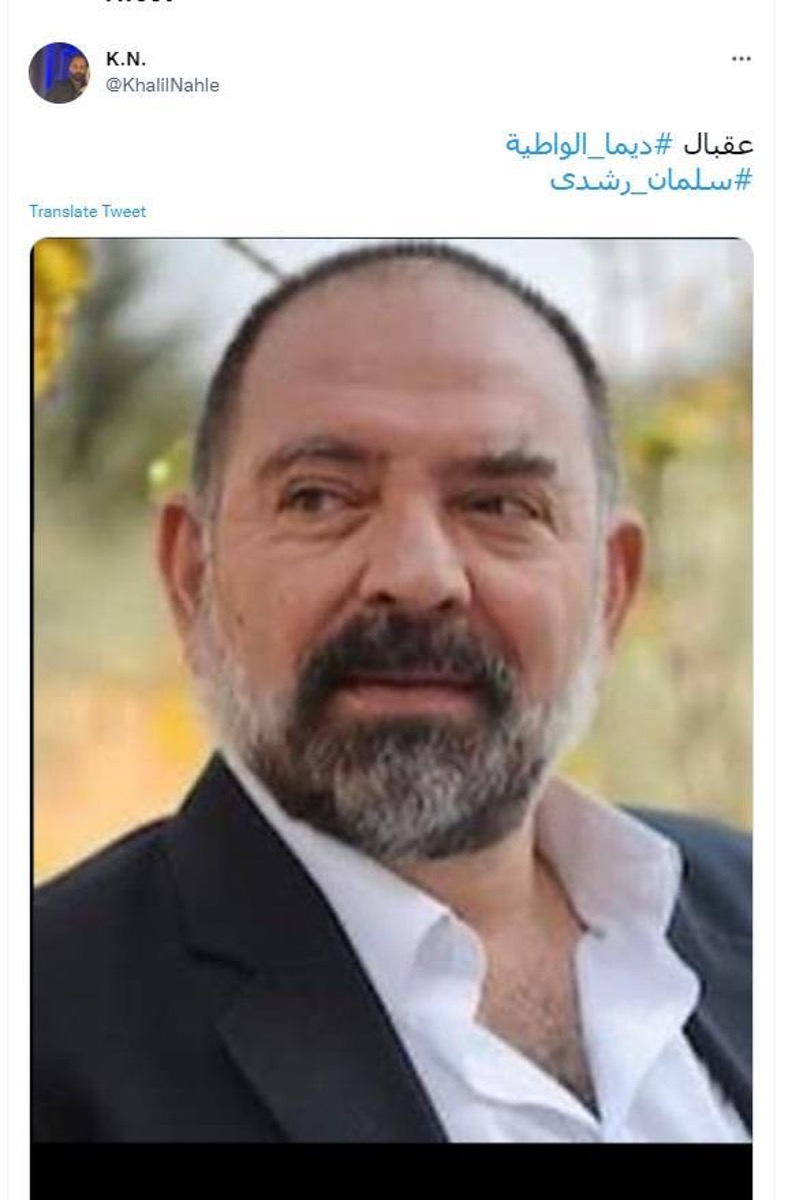
Death threats against J.K. Rowling and the targeting of Rana Ayoub
According to SNA-InVID figures, the hashtag #SalmanRushdie garnered 16,360 tweets and nearly 130,000 retweets, along with over 460,000 likes globally.
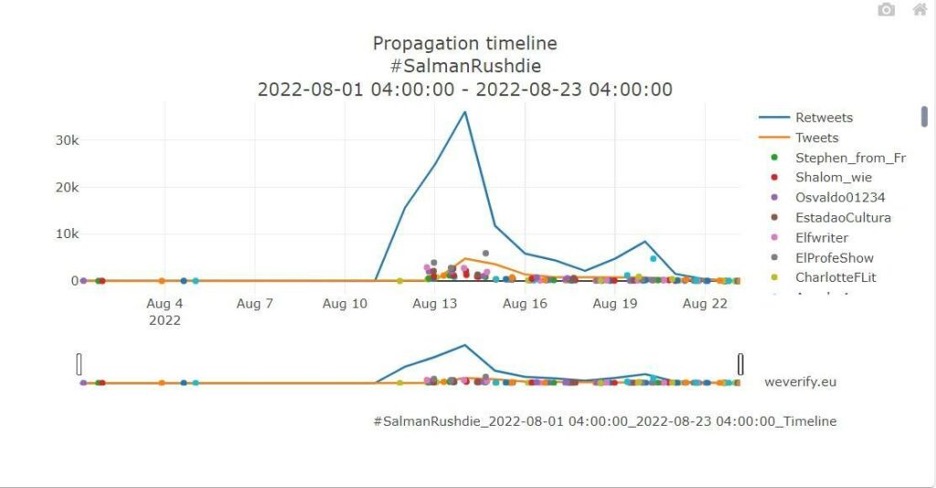
According to Gephi, the most prominent contributions to the hashtag came from accounts claiming to be in France, India, the United Kingdom, Iran, Lebanon, Pakistan, Canada, and the United States.
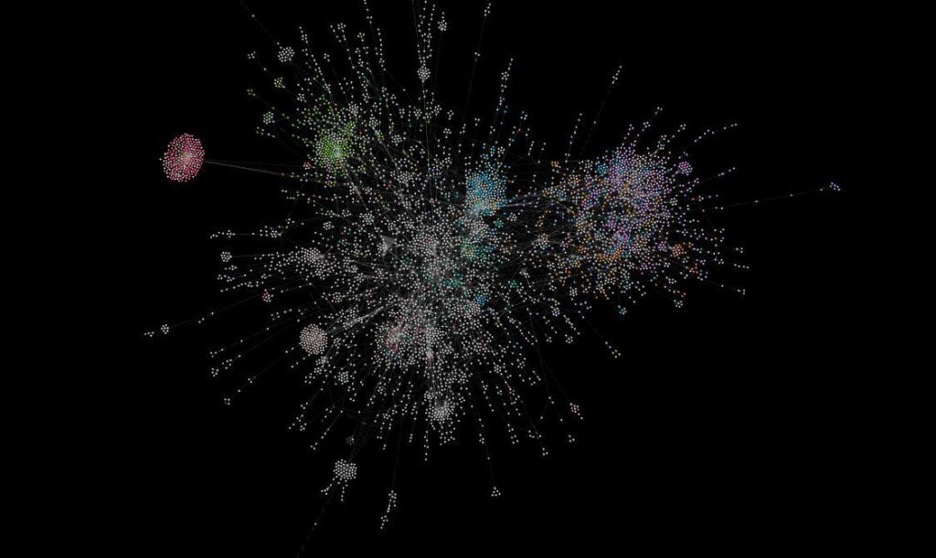
Under this hashtag, the narrative shifted a bit to include tweets expressing solidarity with Salman Rushdie from seemingly authentic accounts. However, this shift did not come without instances of trolling, cyberbullying, and even death threats. When J.K. Rowling, the renowned British author of the Harry Potter series, expressed her concern over Rushdie's ordeal, an account by the name of Meer Asif Aziz replied with a disturbing message: “Don't worry, you're next.” The tweet was subsequently removed, and Twitter took action by suspending the account. The account holder resides in Karachi, Pakistan. Notably, tweets on that account supported the Iranian leader and endorsed Tehran's policies in Syria and Yemen, while also expressing support for the war on Ukraine.
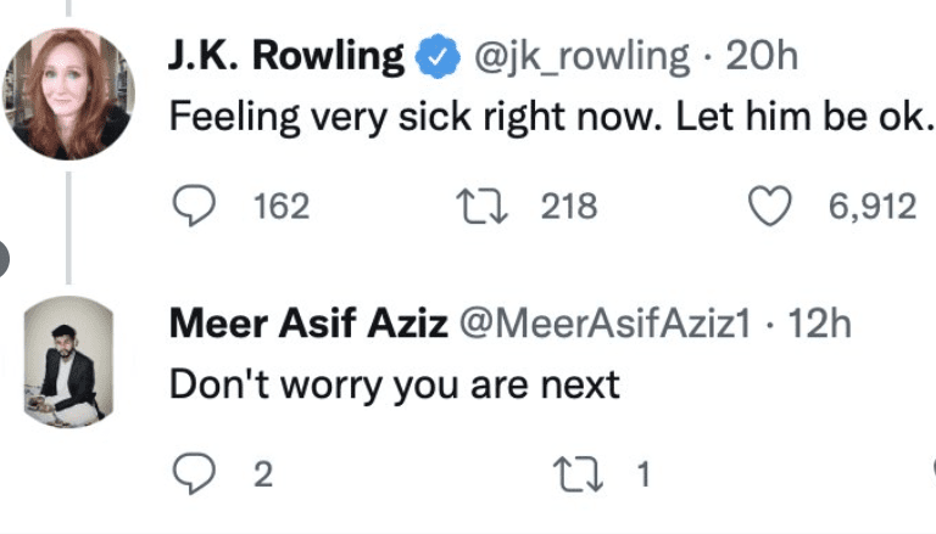
Targeting
Rana Ayoub, an Indian investigative journalist, has extensively covered government corruption and achieved multiple awards for her work. She has contributed opinion pieces to The Washington Post since 2019 which focus on issues related to the Muslim community in India. Notably, she has previously reported receiving death threats. Following the attack on Salman Rushdie, Rana posted a tweet expressing solidarity with him and wishing him a speedy recovery. However, she did not escape the attention of several individuals on Twitter who accused her of removing the tweet later due to threats from Muslim extremists. This pattern of trolling persisted across various Indian accounts, including verified accounts.
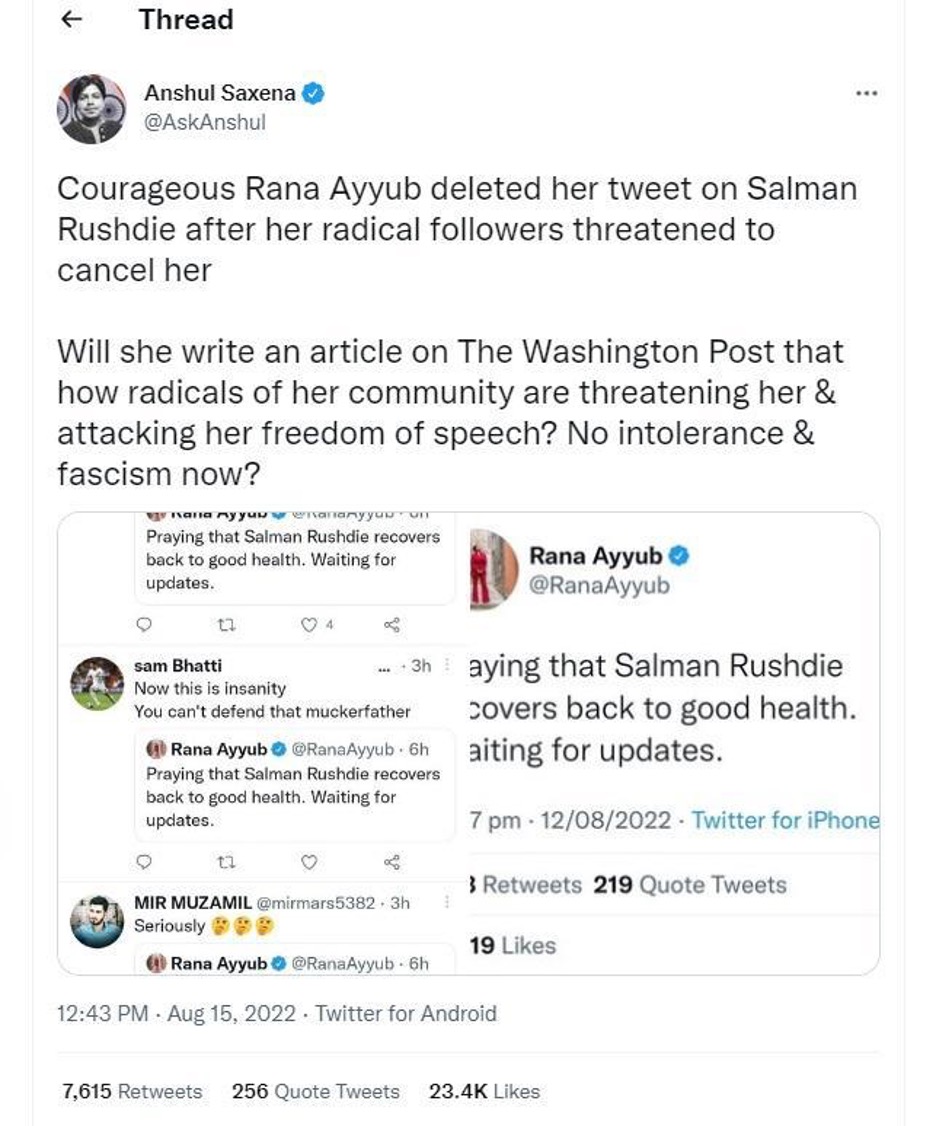
A recurring message: "If blasphemy is freedom of speech, then stabbing is freedom of expression."
There has been duplicated content broadcasted by several accounts, some of which bear Pakistani names. Among them are those recently created in August 2022, while others date back to recent years.
For instance, we observed the repetition of the phrase “If Blasphemy is freedom of speech, Then Stabbing is freedom of expression.” Perhaps what links these repetitive accounts with the same tweet is their opposition to the former Pakistani Prime Minister Imran Khan. He, too, faced criticism due to statements which opponents interpreted as a condemnation of the Salman Rushdie stabbing incident.
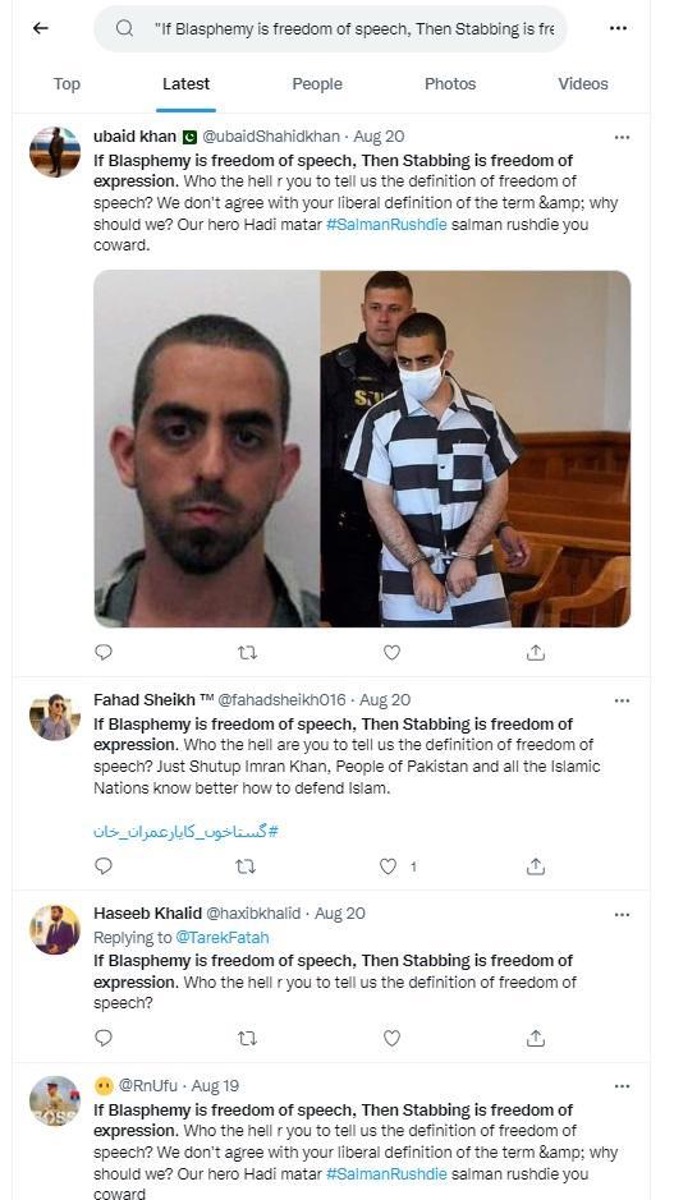
In the previous tweets, we noticed the presence of the hashtag #گستاخوں_کایار_عمران_خان (Gustakhon_Ka_Yar_Imran_Khan) written in Urdu, which translates to "The audacious coward Imran Khan". This hashtag, appearing on August 19th and reaching its peak on the same day, amassed more than 17,000 tweets, 152,000 retweets, and 117,000 likes.
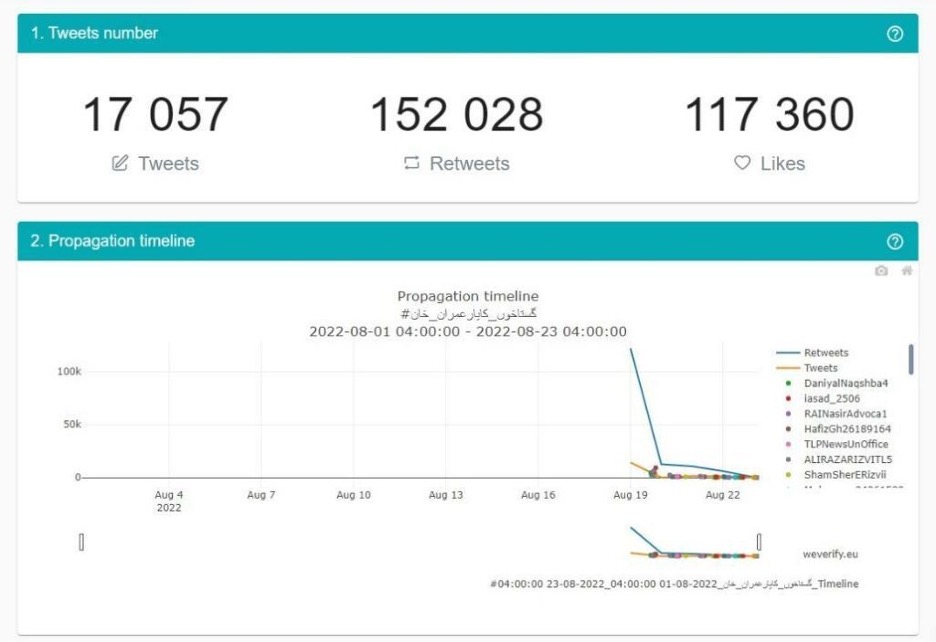
In addition to those driven by religious anger, it seems that the attack was being leveraged for cyber trolling and to amplify the political isolation of the ousted Prime Minister leading up to the parliamentary vote in April 2022. The hashtag also featured repetitive tweets, such as “Every Halali Muslim loves this hero, and harami speaks in favor of Satan Rushdie.” Ironically, the initial tweet incorporating this expression, which garnered significant attention, originated from an account with less than 90 followers (@sdqjani) which was established in July 2022. The account was subsequently suspended.
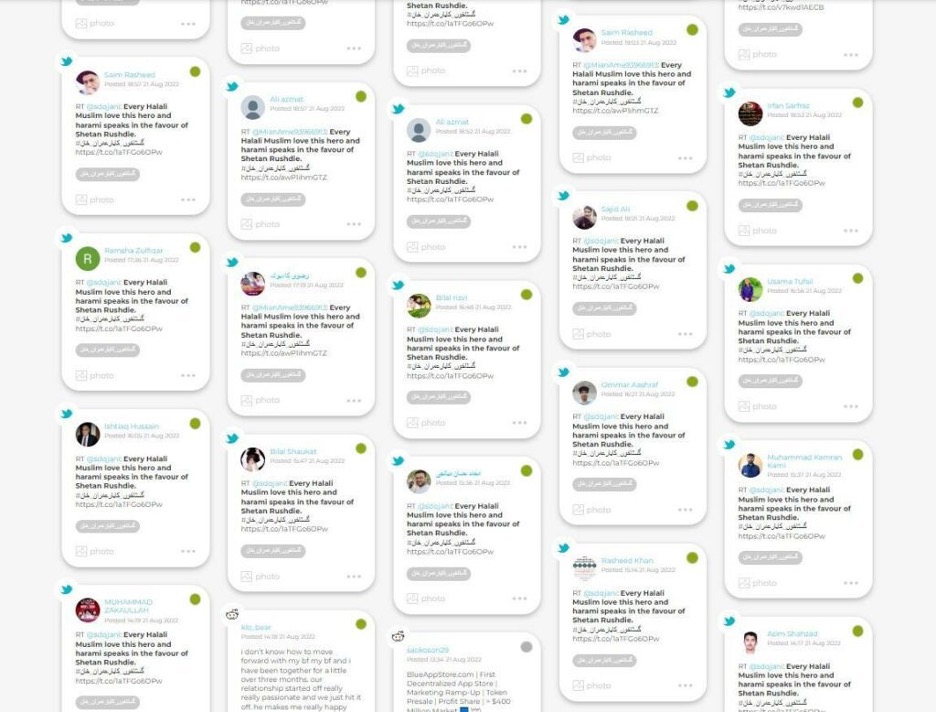
In summary:
-
The attack on Salman Rushdie triggered a wave of divisions in reaction to the incident.
-
Hate speech, cyber trolling, and death threats against known personalities due to their stance on Rushdie dominated the discourse.
-
Twitter's response to death threats against Dima Sadek and J.K. Rowling differed. In the former case, Twitter did not take action against the violent discourse directed at "Dima," involving supporters and officials affiliated with Hezbollah and Iran. These tweets against Dima are still there. In contrast, it was noteworthy that Twitter acted swiftly (on the same day) when a threat was made against the British author.
-
Nevertheless, it is evident that threats, trolling, and extremist discourse were prevalent from East to West.
-
Tweets intersected in different languages on the same hashtags, including Arabic, Persian, English, and Urdu.
Tools used:
InVID Verification Plugin
Twitter Search
Social Searcher
Hashtagify
Gephi
Netlytic
